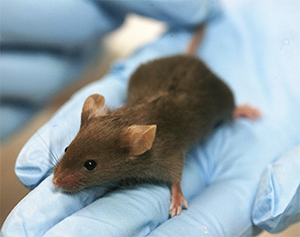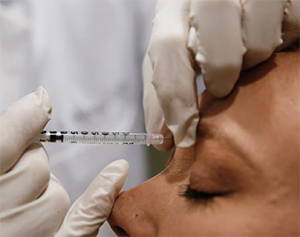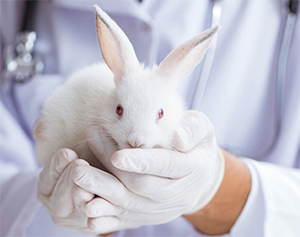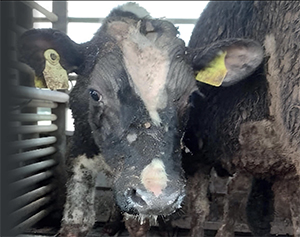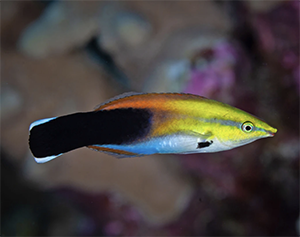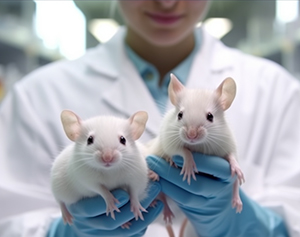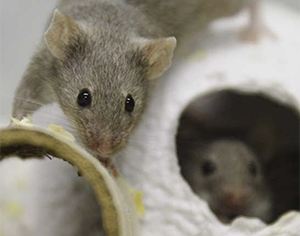The European Animal Research Association (EARA) has announced its expansion into Ireland with seven Irish research institutions including Trinity, joining the organisation last month.
The expansion into Ireland brings the EARA’s membership to 189 institutions.
Joining alongside Trinity are the Irish Laboratory Animal Science Association (ILASA), University College Cork (UCC), Dublin City University (DCU), University of Galway (NUIG), the Royal College of Surgeons in Ireland (RCSI) and Maynooth University.
According to the EARA the new members include “all major Irish research institutions” that conduct biomedical research on animals.


